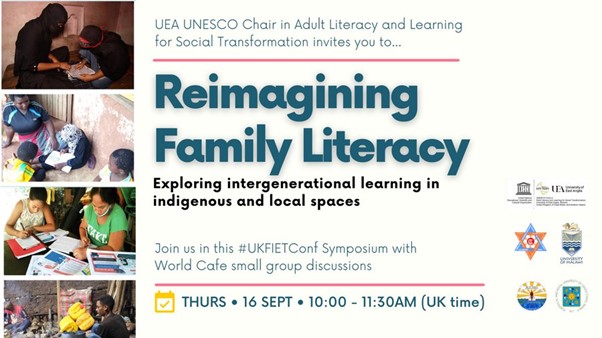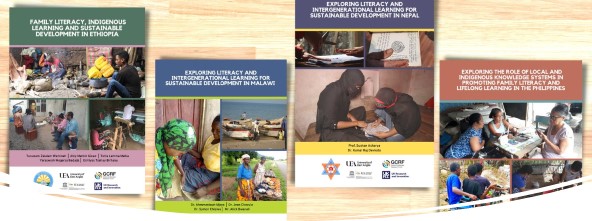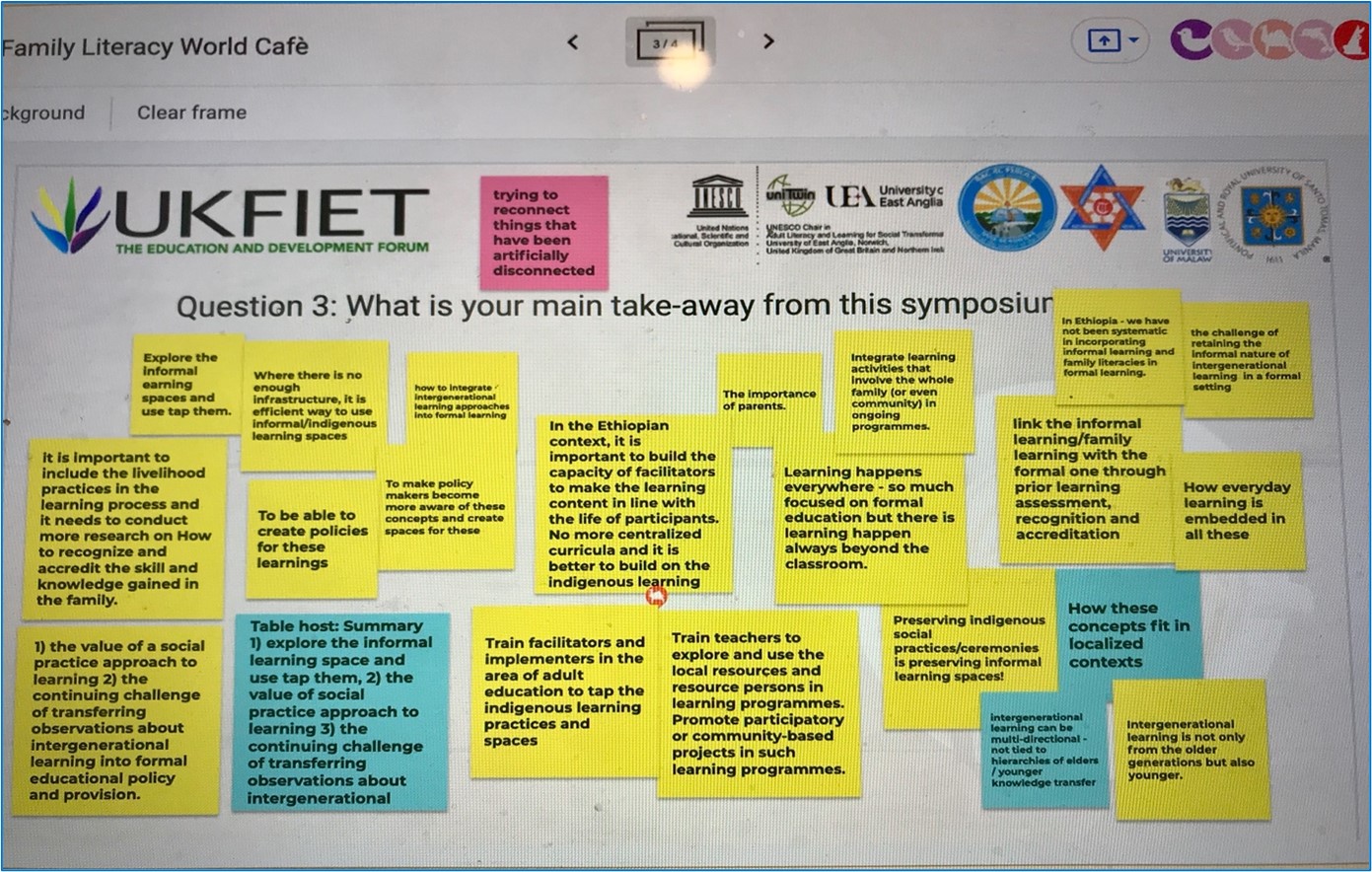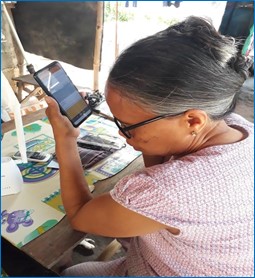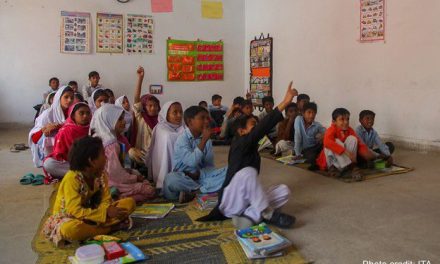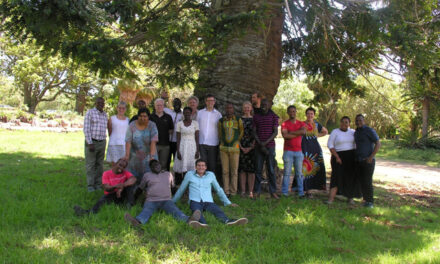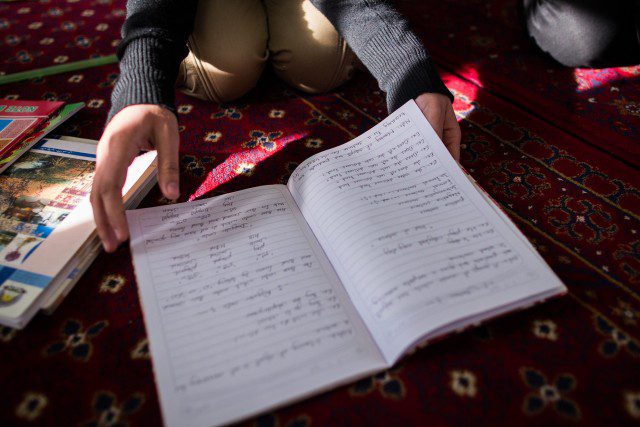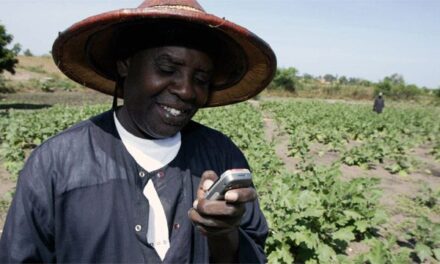This article was written by Catherine Jere, Associate Professor, School of International Development, University of East Anglia and Gina Lontoc, Associate Professor, Research Center for Social Sciences and Education, University of Santo Tomas, the Philippines.
A symposium at the 2021 UKFIET Conference provided an opportunity for researchers from the Family Literacy ‘proof of concept’ project to share understandings of indigenous literacy practices within communities in diverse contexts of the Global South, and to discuss the implications for reimagining ‘family literacy’ within international development policy and practice.
The Family Literacy project brings together research teams working together as partners of the UEA UNESCO Chair in Adult Literacy and Learning for Social Transformation: Bahir Dar University (Ethiopia), Tribhuvan University (Nepal), University of Santo Tomas (the Philippines) and the University of Malawi. The UNESCO Chair programme builds on a shared understanding of literacy as social practice and aims to develop understanding about how adult learning can help address inequalities in the poorest communities in the world. In doing so, the programme works to strengthen interactions between formal, non-formal and informal learning.
Ethnographic studies
The symposium began with ‘quick fire’ presentations based on ethnographic research in Ethiopia, Malawi, Nepal, the Philippines and Peru. Illustrated with evocative photographs of the ‘practice’ of indigenous and intergenerational learning within different literacy domains – religion, health, agriculture, crafts and forestry – the presenters highlighted learning spaces and practices with particular relevance for adult literacy and sustainable development programmes.
Presenters from Ethiopia, Malawi and Nepal offered insights into the dynamics of intergenerational learning across a range of formal and informal spaces, anchored in livelihoods, traditional practices and religious literacies. Research from the Philippines and Peru highlighted changes in the landscape of ‘family’, gender roles and literacy practices, and the importance of understanding gendered knowledges and spaces for communication.
World Café
The symposium team were keen to include an interactive element to the session to allow participants to engage with the research findings. We adopted the World Café method of hosting dialogue in small table groups – used successfully in previous UNESCO Chair events – and usually involving several rounds of discussion guided by critical questions. Results from the discussion – the ‘harvest’ – are shared in plenary, written or recorded graphically.
Bringing people together, this World Café format is used to engage participants in issues that matter. It is a way of thinking and working together based on conversational leadership. Such dialogue allows participants to reflect collaboratively on compelling issues and challenges that exist in their everyday lives and work, encouraging inquiry and creative action toward sustainable social impact. The café ambiance is intended to allow for relaxed and open conversation. For the symposium team, the challenge was how to transfer this method to the virtual environment of the UKFIET Conference!
Following the ‘quick-fire’ presentations, participants joined small break-out rooms on Zoom: our ‘tables.’ Each table was hosted by a resource person from the symposium team and participants were invited to respond to a question set to guide the conversation. Participants documented their discussions as ‘sticky notes’ on a virtual, interactive noticeboard – using the Jamboard platform – which became the basis for sharing during the plenary. Following a first round of discussion, participants moved to a new ‘table’ and a second question building on the first; then a third and final round. Time at each ‘table’ was short, but the discussion was lively and participants moved very nimbly from one round to the next! The final ‘harvest’ of key ideas highlighted rich contributions from participants and brought the symposium to a close.
What did we learn?
Reflecting on their own experiences of learning and literacy, symposium participants noted the importance of accessible, shared learning spaces for intergenerational learning, of paying attention to the diversity of learning experiences and contexts, and the need for literacy programming and materials to understand and include indigenous knowledge. The importance of such knowledges for addressing climate change challenges was highlighted, as was the need for managing tensions when incorporating these into formal education and other sectors.
A critical challenge raised was that informal, experiential learning and skills for livelihoods are often devalued, so that, if included in programming at all, the focus is on how to fit such forms of learning into existing structures and pedagogies. A key takeaway for participants was the need to engage with educators and policymakers in order raise awareness of the potential of indigenous knowledge and spaces for learning.
Policy Implications
A major aim of the Family Literacy project is to translate these ethnographic research findings into policy action through research-policy interactions with international, national, and local stakeholders. In responding to project findings, Ulrike Hanemann drew from her previous work with the UNESCO Institute for Lifelong Learning to offer a ‘policy perspective.’ She highlighted three key implications for policy:
- The need for policy-makers to take a broader perspective to understanding and adopting ‘family literacy’ approaches, one that encompasses intergenerational and experiential learning withing a range of contexts.
- Consideration of the use of integrated and embedded approaches within and across sectors.
- The importance of paying close attention to the development of professional capacities, amongst educators, researchers and managers of adult and family literacy programmes.
The Family Literacy team is currently drawing on their research findings to pilot family learning and literacy initiatives in participating countries, disseminate ideas and practice through local, national and international workshops, and prepare policy briefs and multilingual, multi-media resources.
Presenters, group discussion hosts and research team members include: Abiy Menkir Gizaw, Turuwark Zalalam Warkineh, Tizita Lemma, Yeraswork Megersa, Ermiyas Tsehay (Bahir Dar University, Ethiopia); Kamal Raj Devkota, Sushan Acharya (Tribhuvan University, Nepal); Gina Lontoc, Camilla Vizconde, Belinda de Castro (University of Santo Tomas, the Philippines); Ahmmardouh Mjaya, Symon Chiziwa, Jean Chavula (University of Malawi); Catherine Jere, Sheila Aikman, Chris Millora, Anna Robinson-Pant (University of East Anglia, UK); Ulrike Hanemann (UEA UNESCO Chair Visiting Academic).
The Family literacy, indigenous learning and sustainable development: proof of concept pilot is a sub-project of the University of East Anglia’s UKRI GCRF Global Research Translation Award ‘Meeting the SDGs: creating innovative infrastructures and policy solutions to support sustainable development in Global South communities (GS-DEV)’. The synthesis and country reports are available here.

